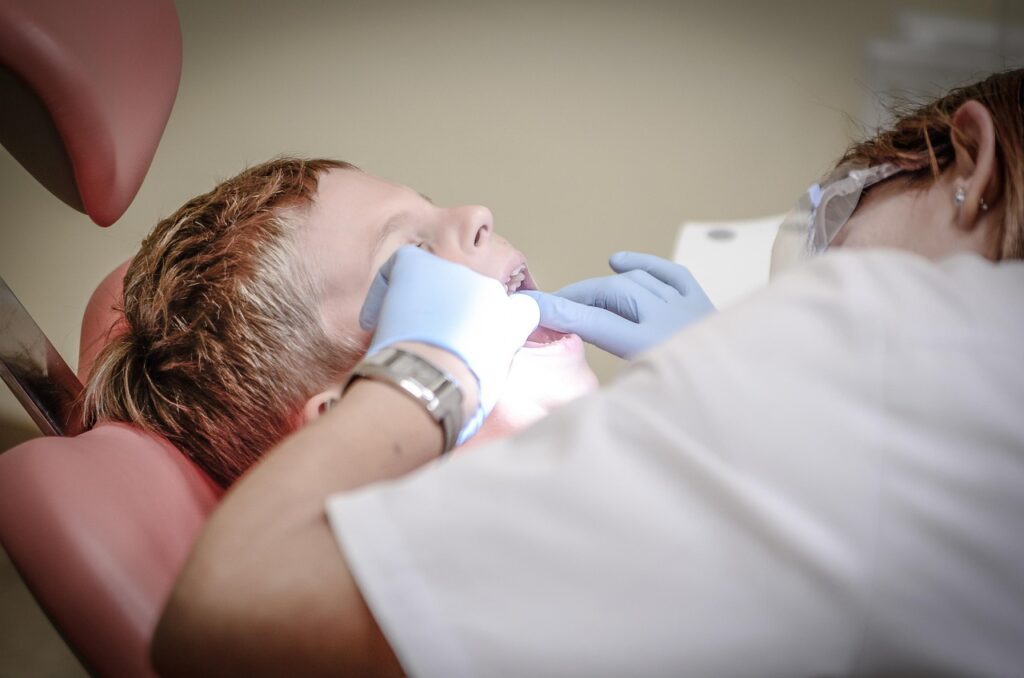Why Dental Health Isn’t Optional
Bad breath isn’t just gross it’s a red flag. If your pet’s mouth smells like a dumpster, chances are there’s more going on than leftover kibble. Poor oral hygiene allows bacteria to build up in dental plaque, and once that bacteria slips below the gumline, it can enter the bloodstream. From there, it doesn’t stop at the teeth. It roams, spreading inflammation and infection throughout the body.
The science is clear: gum disease in pets has been linked to problems in vital organs especially the liver, kidneys, and heart. These systems filter, pump, and clean, but when flooded with bacteria, they start to break down. It’s not just a mouth issue anymore. This is whole body health on the line.
Bottom line? Skipping dental care doesn’t just cost your pet a clean smile it could shorten their life.
Signs Your Pet’s Teeth Need Attention
You don’t need a vet degree to tell when something’s off. Start with the obvious if your dog or cat is slobbering more than usual or constantly pawing at their face, it’s often not a quirky habit. It’s discomfort. Pain in the mouth leads pets to react in any way that might feel like relief.
Eating changes are another red flag. Skipping meals, dropping food, or chewing on one side only these are all ways pets signal pain without making a big fuss. Ignoring these signs just gives dental issues time to get worse.
Then there’s what you can actually see. Red or bleeding gums, yellow brown tartar buildup, or a foul smell from the mouth aren’t just gross they’re symptoms. Left alone, they open the door to infections.
Lastly, watch their behavior. A normally friendly, playful pet who pulls away or gets grumpy with touch might be dealing with mouth pain. If they seem “off,” dental discomfort could be the hidden culprit.
Keeping an eye out for these signs can catch problems early before they become expensive, painful, and harder to fix.
The Bigger Picture: How Oral Health Affects the Body

What starts in the mouth doesn’t stay there. When a pet’s gums are inflamed thanks to plaque and tartar buildup the body sees it as a threat. It responds the same way it would to an infection anywhere else: by triggering inflammation throughout the system. This low grade, ongoing stress taxes organs silently over time.
The immune system takes the hit. Constant exposure to oral bacteria can weaken its defenses, making pets more prone to illness. Chronic inflammation also ramps up the risk for more serious conditions. In pets with diabetes, poor dental health can throw off blood sugar control, making the disease harder to manage. It becomes a cycle: unmanaged diabetes worsens gum disease, and gum disease worsens diabetes.
Oral health isn’t about vanity it’s about giving your pet’s whole body a break. If their mouth is in bad shape, odds are, the rest of them isn’t running optimally either.
Prevention Is Cheaper (and Healthier) than Treatment
Taking care of your pet’s teeth doesn’t have to be complicated or expensive if you’re consistent. Brushing a few times a week can disrupt plaque before it turns into tartar. Use a toothpaste made specifically for pets never human toothpaste and pick a soft bristled brush that fits comfortably in your pet’s mouth. No time? Dental chews and rubber chew toys can supplement by helping scrape off buildup and stimulating gum health.
Professional cleanings at the vet are essential too, especially for older pets or those already showing signs of dental disease. These cleanings go deeper than what you can do at home and help prevent serious complications down the line.
Choosing the right dental products matters. Look for the Veterinary Oral Health Council (VOHC) seal it’s a quick way to know the product has been tested and is actually effective. Steer clear of gimmicks. You’re building a toolkit for long term health, not a quick fix.
Ready to dial in your daily routine? These pet dental tips offer practical steps to help you start where it counts.
Long Term Benefits of Good Dental Care
Neglecting your pet’s dental health doesn’t just lead to stinky breath it chips away at their long term well being. On the flip side, a clean mouth can buy them more healthy years. Regular dental care helps prevent chronic infections that silently wear down the body. Pets with strong oral health tend to live longer and enjoy a better quality of life. Less pain, more tail wags.
There’s also the matter of eating. If teeth hurt, pets eat less or stop altogether. When the mouth is pain free, appetite comes back, and nutrition gets absorbed properly. That means more energy, stronger immunity, and way fewer issues down the line.
And let’s talk money. Skipping cleanings might feel like saving cash now, but infected gums and rotten teeth usually lead to costly vet bills later. Tooth extractions, emergency abscess treatments, or worse organ complications. Investing a little in prevention keeps your pet out of the ER and your wallet intact.
Stay Consistent, Stay Ahead
Good pet dental care isn’t a one time task it’s an ongoing commitment that can yield lifelong benefits for your furry companion. Consistency is key.
Make It Routine
Just like with your own dental care, establishing a consistent schedule helps make oral health maintenance second nature.
Set reminders for daily or weekly brushing
Schedule regular dental checkups with your vet
Incorporate dental care into your pet’s grooming routine
Pay Attention to Subtle Signs
Dental issues in pets often start quietly. Keeping a close eye on your pet’s behavior can help catch problems early.
Monitor changes in eating habits or chewing difficulty
Look for new signs of discomfort, such as pawing at the mouth
Watch for behavioral shifts like irritability or withdrawal
Think Long Term
Preventive care may seem time consuming at first, but it leads to major savings both in cost and your pet’s comfort.
Quality dental care lowers the risk of costly procedures later
Investing in preventive measures supports overall wellness
Get Practical Help
Ready to start or improve your pet’s dental care routine? Don’t miss these essential pet dental tips, loaded with expert advice and tools you can use today.



 Johnford Hillarrio is a health and fitness advocate contributing to My Healthy Living and Strategies, where he shares his passion for promoting physical and mental well-being. With a background in exercise science and nutrition, Johnford focuses on helping readers find sustainable ways to improve their overall health. His content offers actionable tips on fitness routines, healthy eating habits, and maintaining mental clarity.
Johnford Hillarrio is a health and fitness advocate contributing to My Healthy Living and Strategies, where he shares his passion for promoting physical and mental well-being. With a background in exercise science and nutrition, Johnford focuses on helping readers find sustainable ways to improve their overall health. His content offers actionable tips on fitness routines, healthy eating habits, and maintaining mental clarity.